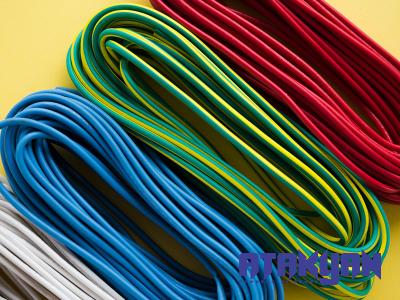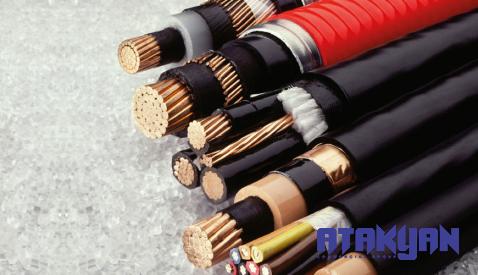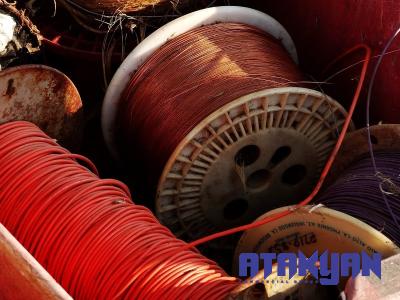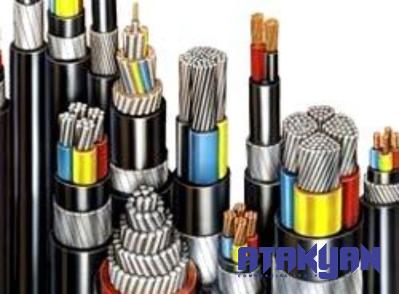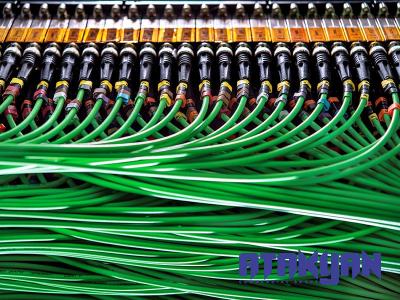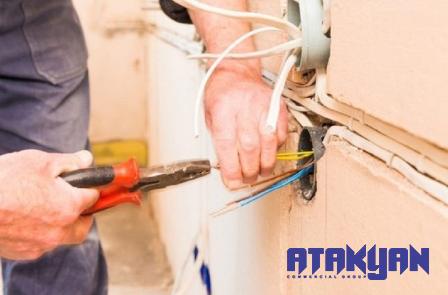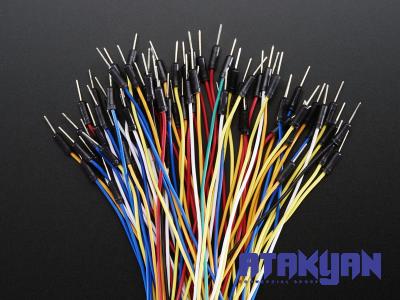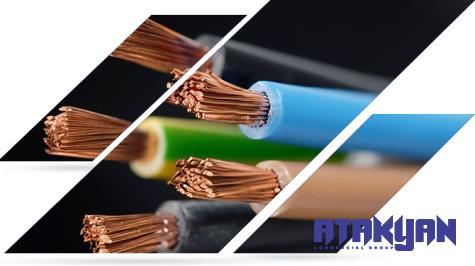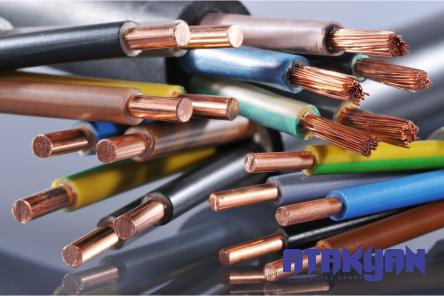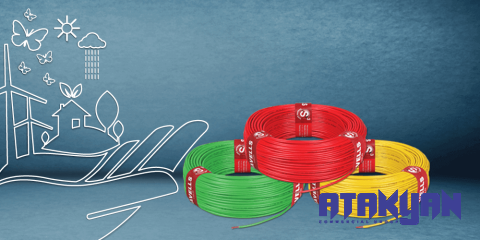Understanding Welding Wire Material: Key Considerations for Buyers
Introduction:
Welding is a widely used process in various industries, from construction to manufacturing. It involves joining metals by melting and fusing them together with the help of a welding wire. However, the choice of welding wire material is crucial to ensure high-quality and durable welds. In this article, we will delve into the various aspects of welding wire material, including how to buy the right type and considerations related to pricing.
Discuss Welding Wire Material:
Welding wire material is the filler metal that is used during the welding process. It is available in various forms, including solid wire, flux-cored wire, and metal-cored wire. The selection of the appropriate wire material depends on factors such as the base metal being welded, the type of welding process, and the desired weld strength.
Buying Welding Wire Material:
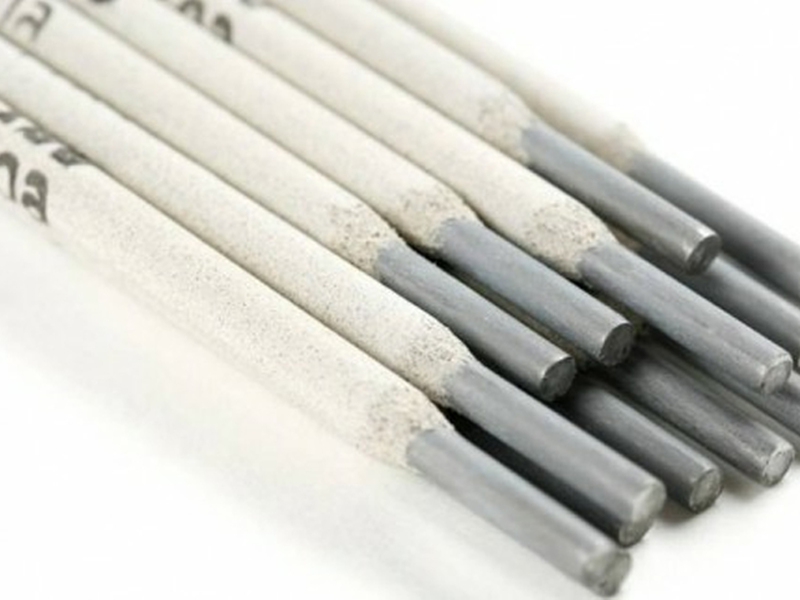
When it comes to buying welding wire material, there are a few key factors to consider:
1. Base Metal Compatibility:
Different welding wire materials are designed to match specific base metals. For instance, stainless steel welding wire is suitable for welding stainless steel, while aluminum welding wire is used for welding aluminum. It is crucial to choose a wire material that is compatible with the base metal to ensure a strong and durable weld.
2. Welding Process:
Consider the welding process you will be using. Solid wire is typically used for gas metal arc welding (GMAW) and requires the use of an external shielding gas. Flux-cored wire, on the other hand, is suitable for both GMAW and flux-cored arc welding (FCAW). Understanding the requirements of your welding process will help you select the appropriate wire material.
3. Wire Diameter:
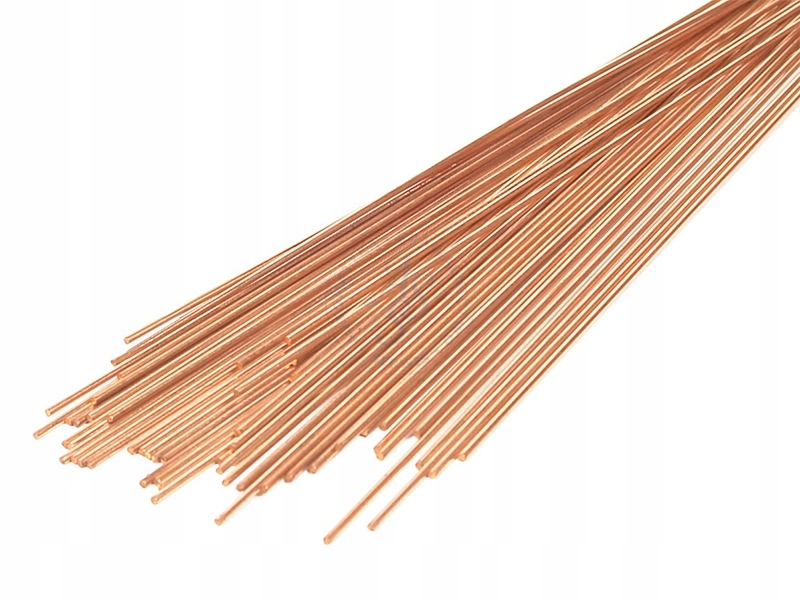
The diameter of the welding wire is another important consideration. Typically, thin wires ranging from 0.6mm to 0.8mm are used for thinner base metals, while thicker wires are used for thicker base metals. It is essential to choose the right wire diameter to ensure proper penetration and weld quality.
4. Industry Standards and Certifications:
Ensure that the welding wire material you purchase meets industry standards and certifications. These standards, such as those set by the American Welding Society (AWS) or the European Welding Federation (EWF), assure the quality and performance of the wire material. Checking for such certifications helps guarantee that the wire meets the necessary specifications.
Price of Welding Wire Material:
The price of welding wire material can vary based on several factors:
1. Wire Type:
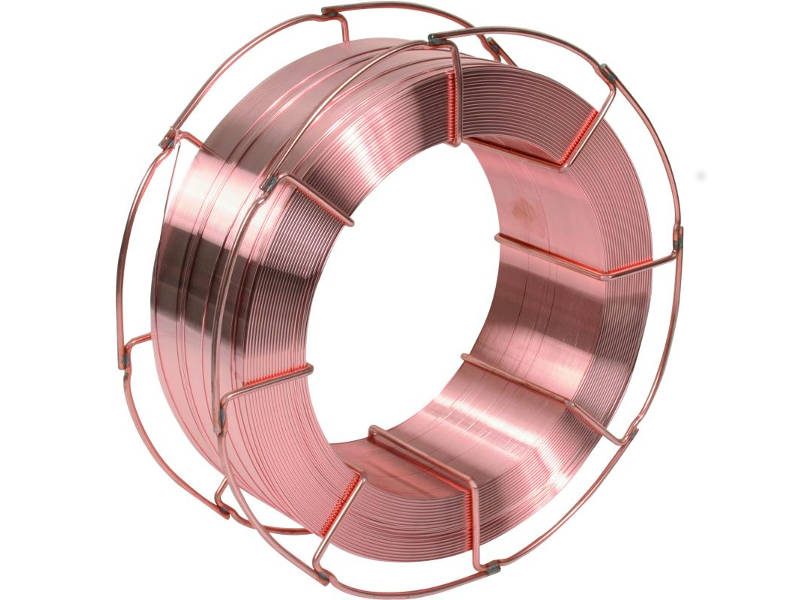
Different wire types, such as solid wire, flux-cored wire, and metal-cored wire, vary in terms of price. Generally, flux-cored wire tends to be more cost-effective due to its higher deposition rates compared to solid wire. However, it is important to evaluate the overall cost-effectiveness based on specific project requirements.
2. Wire Diameter and Length:
In addition to wire type, the diameter and length of the wire play a role in determining the price. Thicker wires and longer lengths will typically cost more. It is important to balance the budget with the required specifications to ensure a cost-effective purchase without compromising on quality.
3. Brand and Quality:
The brand and quality of the welding wire material can also impact the price. Established brands with a strong reputation for producing high-quality products might have a higher price tag. It is advisable to opt for reliable brands that have proven performance records to avoid compromising the integrity of the weld.
Conclusion:
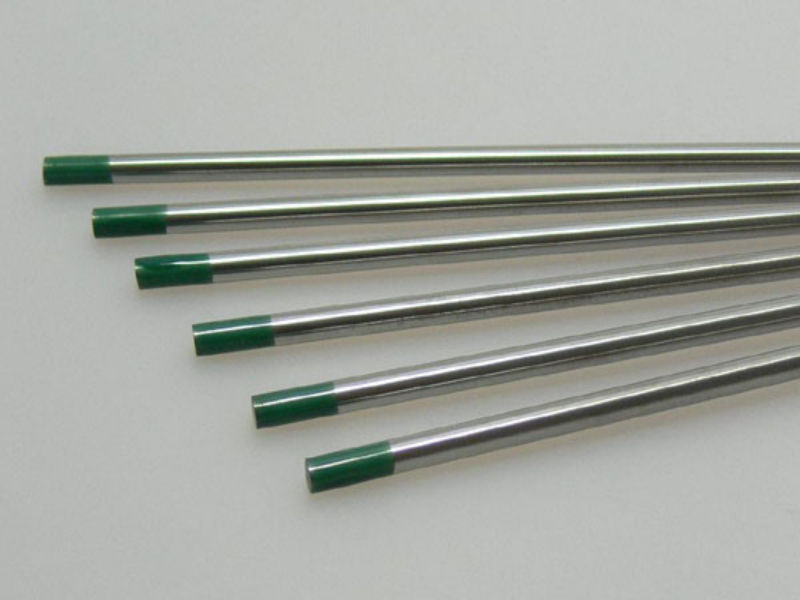
Choosing the right welding wire material is essential for achieving strong and durable welds. By considering factors such as base metal compatibility, welding process, wire diameter, industry standards, and certifications, buyers can make informed decisions. Additionally, evaluating the price based on factors like wire type, diameter, length, brand, and quality ensures a cost-effective purchase. Ultimately, investing in high-quality welding wire material sets the foundation for successful welding projects and enhances the overall quality of the final product.
